I used the below code to take some items from IEnumerable, but it is always returning the source as null and count as 0 and actually there are items exists in IEnumerable
private void GetItemsPrice(IEnumerable<Item> items, int customerNumber)
{
var a = items.Skip(2).Take(5);
}
When i try to access a it has count 0. Anything goes wrong here?
